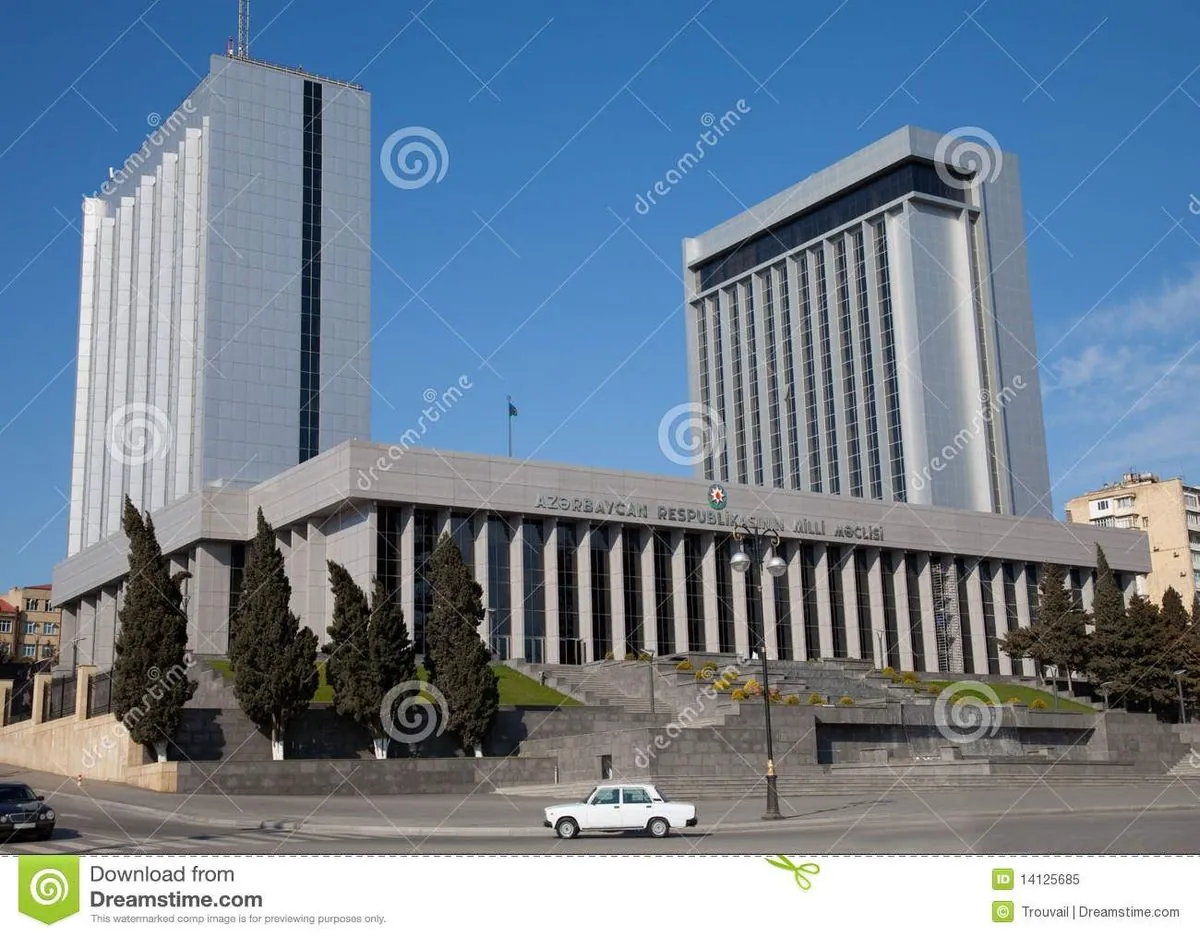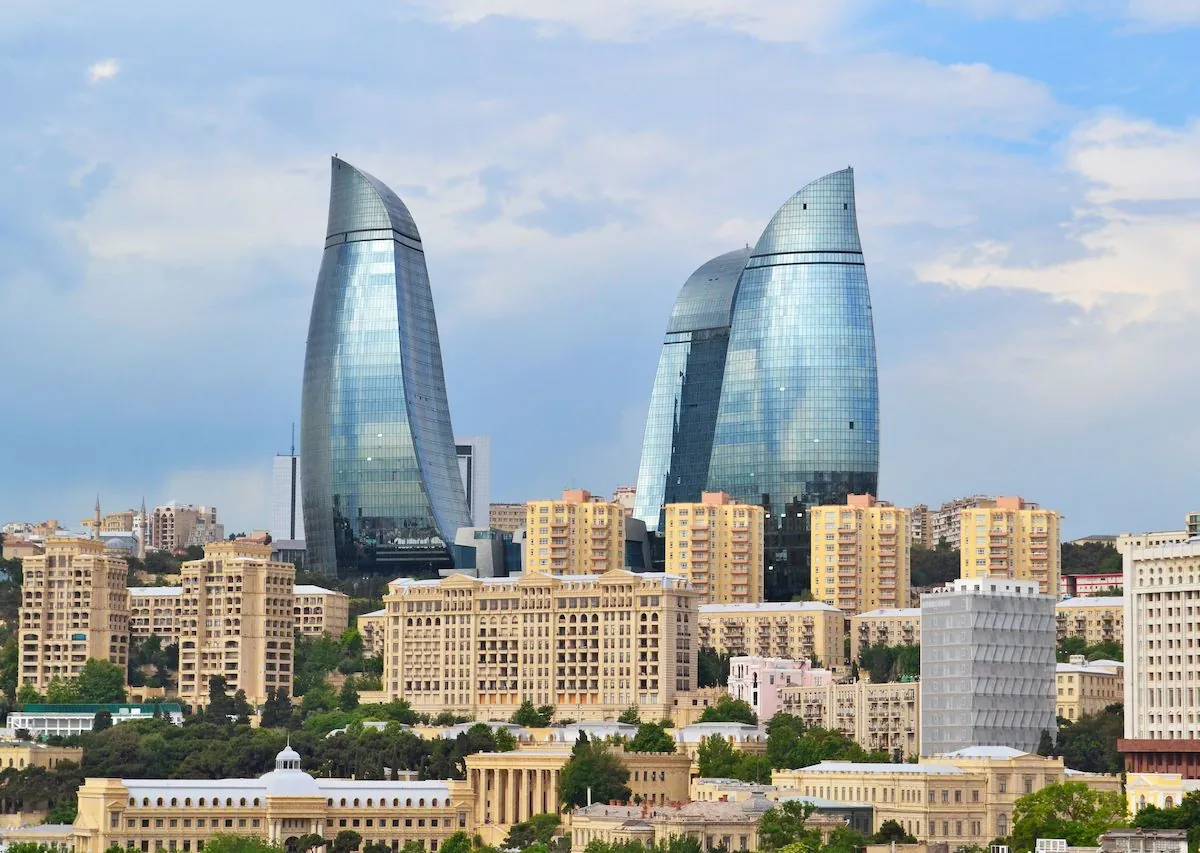Azerbaijan Holds Early Parliamentary Vote Amid Political Continuity
Azerbaijan conducts snap parliamentary election, the first since regaining control of Karabakh. With limited opposition participation, the vote is unlikely to alter the political landscape dominated by President Aliyev's party.

Azerbaijan is conducting a snap parliamentary election on September 1, 2024, marking the first such vote since the nation regained full control of the former breakaway territory of Karabakh in a swift military operation approximately one year ago. This election for the Milli Mejlis, Azerbaijan's unicameral 125-seat parliament, comes at a time of political continuity in the country.
The election was originally scheduled for November but was moved forward by two months due to Azerbaijan's hosting of the United Nations climate talks, COP29, in that month. This decision reflects the country's growing international profile, as Azerbaijan has been a member of the United Nations since 1992 and has been actively participating in global affairs.
However, the electoral process in Azerbaijan has historically faced scrutiny. Since gaining independence from the Soviet Union on August 30, 1991, the country's elections have not been widely regarded as fully free or fair by international observers. The current political landscape is dominated by the New Azerbaijan party of President Ilham Aliyev, which holds 69 seats in the outgoing parliament.
The Aliyev family has been at the helm of Azerbaijan since 1993, with Ilham Aliyev succeeding his father, Heydar Aliyev. Their leadership has been characterized by a strong centralized authority, often criticized for suppressing dissent. This political continuity has occurred against the backdrop of Azerbaijan's economic growth, largely fueled by its substantial oil and natural gas reserves in the Caspian Sea region.
Opposition participation in this election appears limited. The Musavat party, a major opposition force, has fielded 34 candidates, though only 25 were registered. The Republican Alternative opposition party is running 12 candidates. This restricted opposition presence suggests that the election is unlikely to significantly alter the existing political dynamics.

The election takes place in a country with a rich cultural heritage and strategic importance. Azerbaijan, the largest country in the Caucasus region by land area, boasts a predominantly Muslim population and is known for its ancient traditions such as carpet weaving. Its capital, Baku, the largest city in the Caucasus, showcases a blend of historical and modern architecture, symbolizing the nation's rapid development.
The context of this election is particularly significant given recent events in the region. Less than a year ago, Azerbaijani forces swiftly regained control of the Karabakh region, which had been under the control of ethnic Armenian forces since 1994. This military action resulted in the displacement of most of the region's 120,000 Armenian residents, marking a dramatic shift in the long-standing Nagorno-Karabakh conflict that dates back to 1988.
To ensure transparency, the national election commission reports that 50 organizations will conduct observer missions. The largest contingent, from the Organization for Security and Cooperation in Europe (OSCE), is set to present its preliminary assessment of the election on September 2, 2024.
As Azerbaijan continues to navigate its path between Europe and Asia, balancing its strategic location with its rich energy resources, this election serves as a reflection of the country's current political climate. While change may not be imminent, the international community will be watching closely to see how this vote impacts Azerbaijan's democratic development and regional stability.
"We will be closely monitoring the electoral process and will provide our preliminary assessment based on international standards for democratic elections."


































